According to the information compiled by Euractiv, the news site focused on EU countries, European Union countries have very different views on the ban on energy imports from Russia. There are staunch advocates, staunch opponents, open ones, and those who are undecided. In short, Europe's high dependence on Russian gas and oil, rising energy prices and the rise in inflation put decision makers in a difficult situation.
Opponents: Germany, Hungary, Bulgaria, Finland
Germany, the largest consumer of Russian gas in Europe, firmly opposes the ban on energy imports to Russia. Deputy Prime Minister Robert Habeck argues that this would endanger social peace in the country and create a real danger of energy shortages in certain sectors.
There are deputies in Germany who defend the energy embargo, but the general tendency is to implement policies that will quickly reduce energy dependence on Russia, rather than ban on energy imports. Germany gets 55 percent of the gas it consumes (140 billion cubic meters) from Russia. It also imports 35 percent of its crude oil and 50 percent of its coal from Russia.
"War is bad, but the Maca family should not pay the price"
In Hungary, Prime Minister Viktor Orban said he would oppose EU-level energy sanctions. "We condemn Russia's armed attack and also the war, but we will not let the Hungarian families pay the price," Orban said.
Hungary imports most of its oil and gas from Russia.
Last year, it signed a new 15-year gas supply agreement with Gazprom.
Bulgarian Prime Minister Kiril Petkov said his government supports sanctions against Russia, but has no alternatives to join a possible energy import ban.
Bulgaria is 70 percent dependent on gas supplies from Russia.
The only oil refinery in the country is owned by the Russian company Lukoil and provides more than 60 percent of the fuel used.
In Finland, the government is not in favor of sanctions that will negatively affect the country's energy supply security. However, many Finnish companies have announced that they will leave Russia.
About half of the coal Finland uses comes from Russia.
Two-thirds of the natural gas and oil used in the country are imported from Russia.
Strongest advocate of Polish energy import ban
Although Poland will suffer from the interruption of gas supply from Russia, it thinks that it can close this gap with increased LNG imports and gas from Norway.
“Billions of euros flow into Russia via Nord Stream 1,” a Polish diplomat said. And this price is paid with the blood of the Ukrainians,” he called on EU countries to join the energy embargo.
Poland imported 8.3 million tons of coal from Russia in 2021.
The country meets 55 percent of its gas needs from Russia.
Those open to energy import bans: France and Spain
While France stated that it was ready to impose energy sanctions on Russia, he also pointed out the importance of keeping the dialogue with Moscow open.
"We are not closing any doors, we just have to look at what has been effective in putting pressure on Russia and consider the implications this may have for EU members," Trade Minister Franck Riester said.
17 percent of France's natural gas imports originate from Russia.
7 percent of the oil used in the country is imported from Russia.
Spanish Prime Minister Pedro Sanchez said his country would support any measures taken in coordination with the EU, including banning oil and gas exports from Russia if necessary. This can be explained by Spain's relatively lower energy dependence on Russia.
Spain received only 4.5 percent of the country's oil needs from Russia in 2021.
The Iberian Peninsula is a hub for LNG terminals. Spain has 6 active LNG terminals. This allows for diversification in gas imports.
Undecided: Italy, Czechia, Greece, Slovenia, Romania
Italy refrains from making definitive statements on energy sanctions. Prime Minister Mario Draghi said, "We are determined to rapidly reduce our dependence on Russian gas," and announced that Italy is in talks with Qatar to diversify its gas supply.
Russia is Italy's largest gas supplier, with 29 billion cubic meters of natural gas. In Rome, it is reported that the government will diversify 16 billion cubic meters of this amount with alternative procurement methods.
Italy imports 13 percent of its oil needs from Russia.
In the Czech Republic, the government did not take a clear position on a possible ban on energy imports from Russia. There are different opinions within the government. Economists argue that the ban on Russian gas will pose a danger to the economy.
Czechia imports about 90 percent of its natural gas from Russia.
50 percent of the country's total oil needs are supplied from Russia.
Greek Prime Minister Kyriakos Mitsotakis said that banning energy imports from Russia is unrealistic, but that Europe should be prepared if Moscow takes action and decides to turn off the tap.
Greece imports 39 percent of the natural gas it needs from Russia.
26% of the country's oil imports originate from Russia.
In Slovenia, the government did not make any statement about banning energy imports from Russia. All major energy companies in the country are wholly or partially state-owned and are waiting for the government to take a stand.
Slovenia imports 91 percent of its natural gas from the Baumgarten gas center in Austria, where Russian gas is dominant.
Romania has yet to comment on a possible energy import ban. However, he urged the EU to end its dependence on Russian gas.


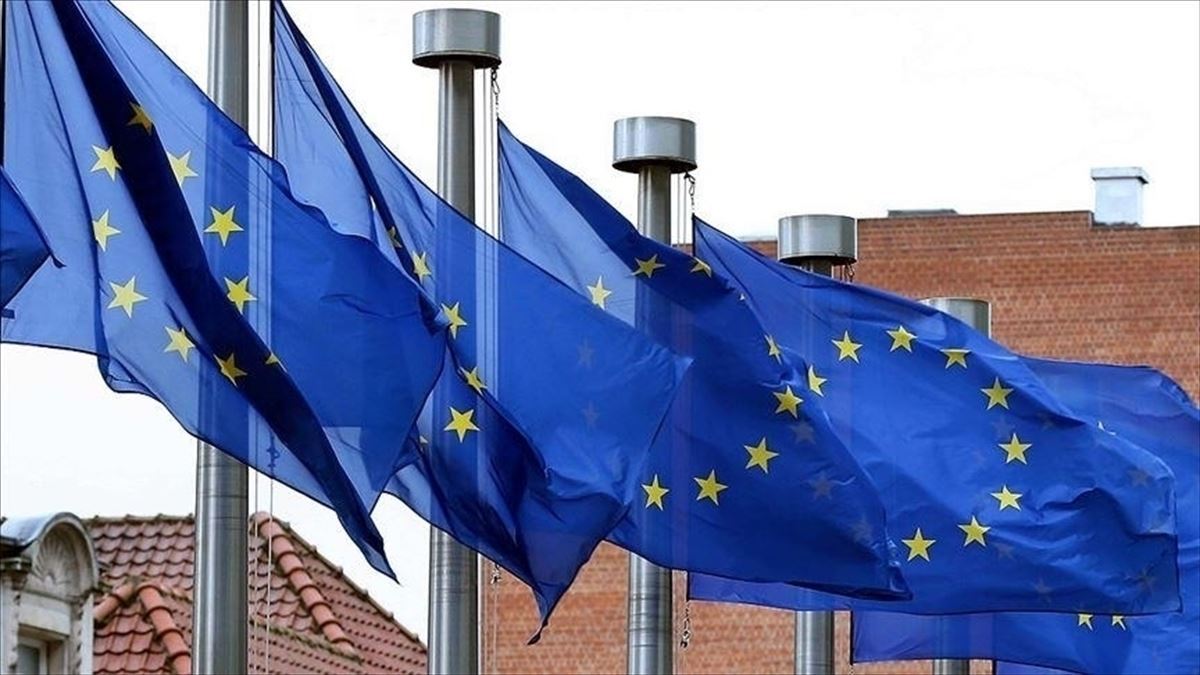


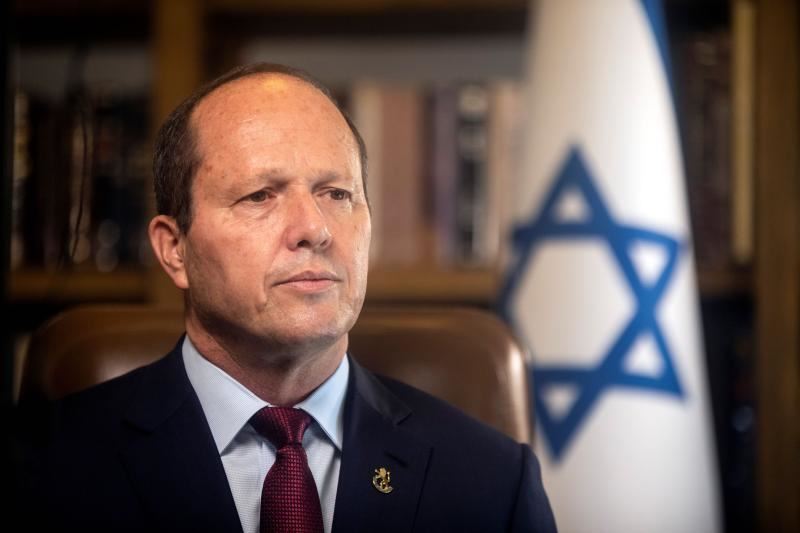
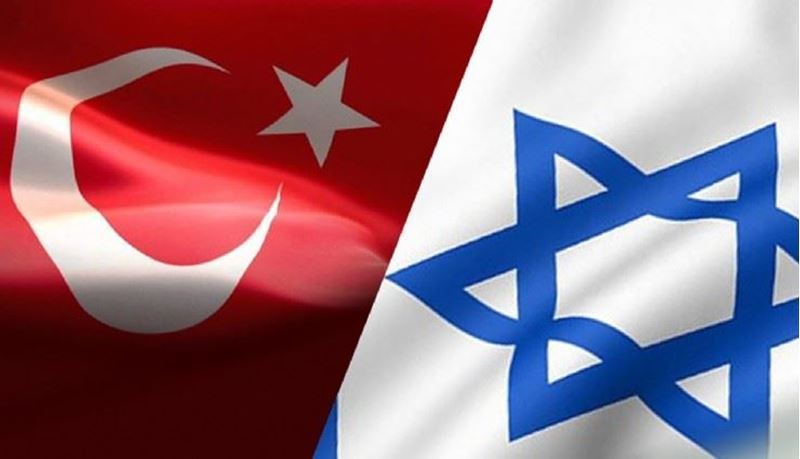
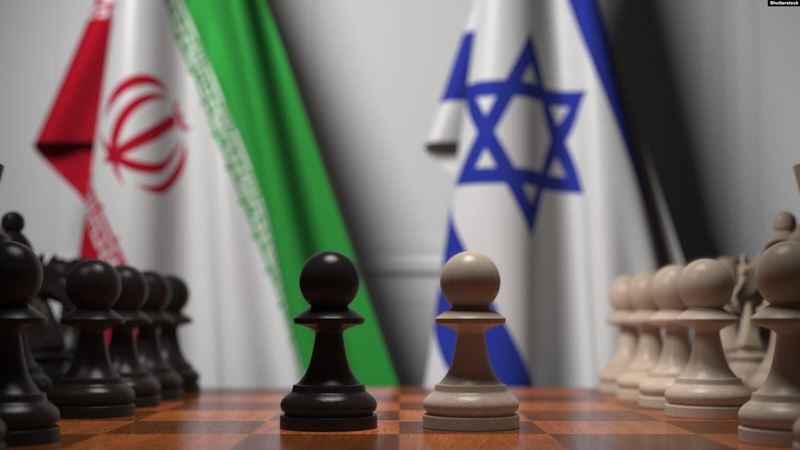
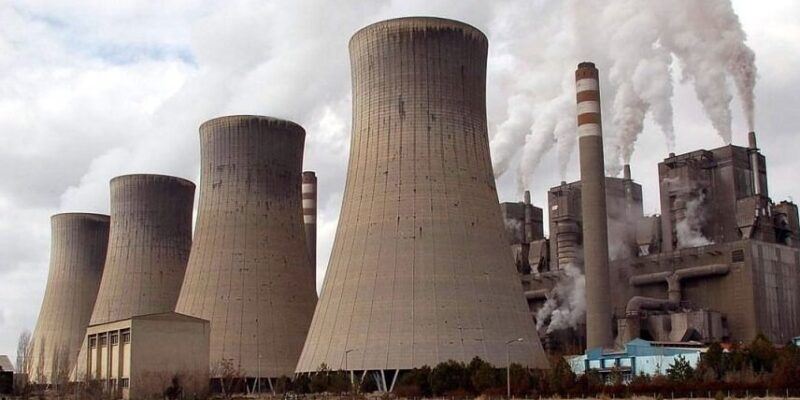

Comments
No comment yet.